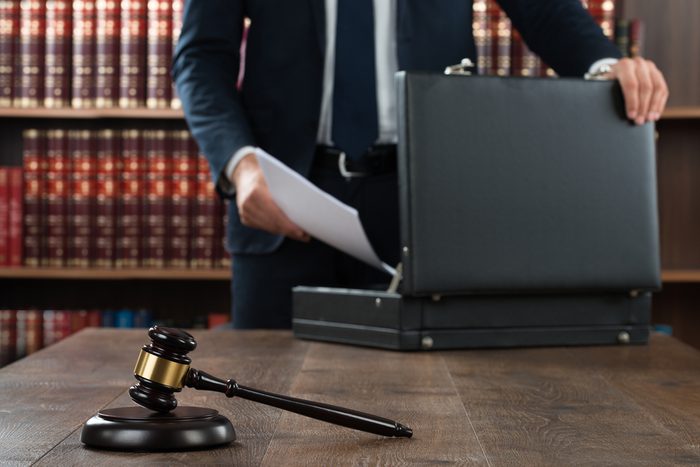
When should you hire a lawyer?
When disputes arise, a person’s first inclination is often to call a lawyer, attorney Randolph Rice tells Reader’s Digest. But there are many situations in which hiring a lawyer is the last thing you should do. Says Rice, ideally, everyone would resolve disputes without lawyering up. “Getting lawyers involved can escalate tensions and delay resolution, all at great time and expense.” Take it from an attorney—before hiring one, consider if there are other ways to resolve your dispute.
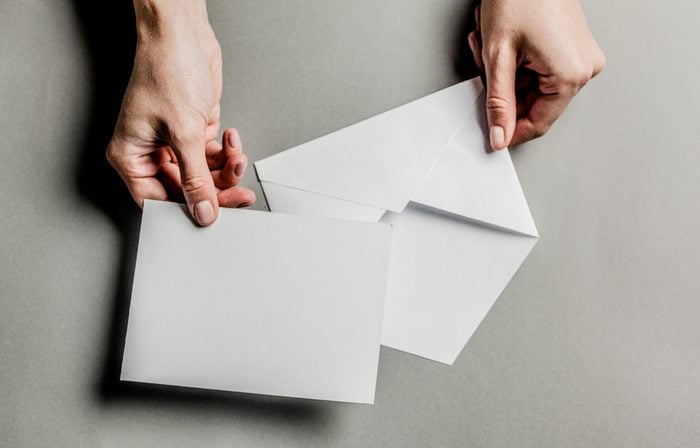
Before hiring a lawyer
“When you have a dispute with someone, the first thing a lawyer does is send a demand letter hoping to resolve the dispute,” explains attorney, Russell D. Knight. On reading a demand letter, the other person will often say, “this isn’t worth the trouble” and they quickly settle. But here’s a secret from Knight: You don’t need a lawyer to write a demand letter. You can do it yourself. Just make it look as formal as possible, and you may find your dispute goes away—no charge to you.
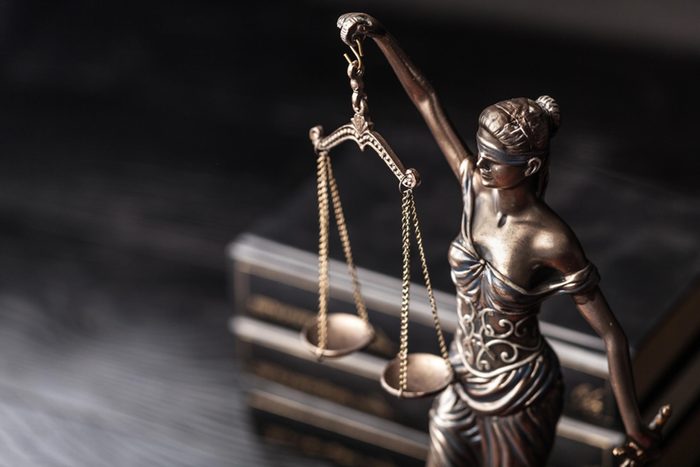
How to tell a good lawyer from a bad lawyer
It’s not as hard as you might think, according to attorney Randall M. Kessler, author of Divorce: Protect Yourself, Your Kids and Your Future. “Shop around and trust your instincts,” he advises. “Does the lawyer listen to you? Do they explain things in a way you can understand? And are they willing to discuss fees and costs? The person you hire will need to be someone you trust and believe in, so be sure you feel very good about them from the start.”
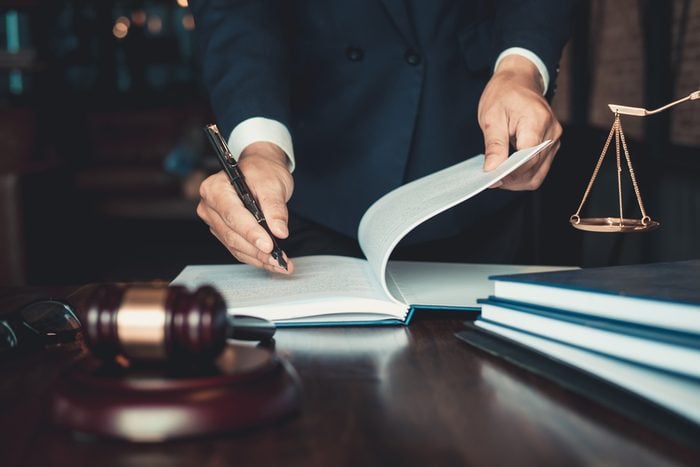
What others think about your lawyer matters
Check your potential lawyer’s reputation. “Many cases are won, and lost, on the reputations of the lawyers involved,” attorney Rice tells Reader’s Digest. “In the courtroom, if your lawyer has an outstanding reputation, the judge may give your case some deference, for example.” Outside the courtroom, your lawyer’s reputation could color the way the attorneys on the other side respond to requests for information and offers to negotiate.
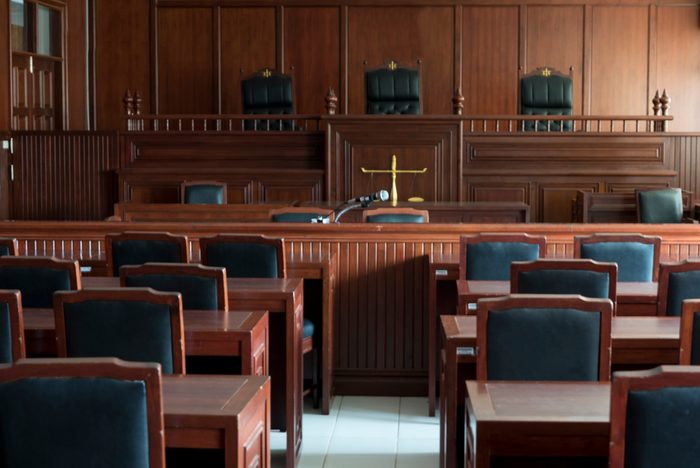
“See you in court” is a bit misleading
In choosing your attorney and your plan of action in resolving a dispute, it’s important to consider that despite what you see on television, most cases never see the inside of a courtroom. Typically, they’re settled outside the courtroom because of the time and expense involved, according to attorney Darren Heitner, author of How to Play the Game: What Every Sports Attorney Needs to Know.
Don’t miss the 22 funniest court cases of all time.
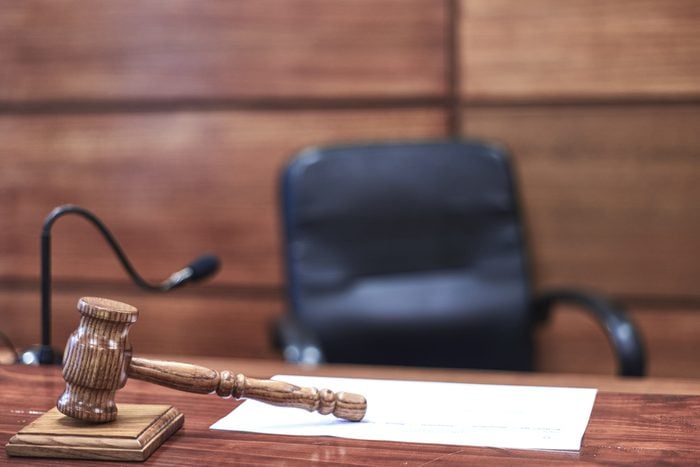
In fact, a lawyer should try to stay out of court
“In my experience, a good lawyer always finds every opportunity to keep a case from being decided by a judge, and only relents on trying a case before the bench when all alternatives have been exhausted,” attorney, Jason Cruz says. “If a lawyer suggests they want to try the case in front of a judge, you should definitely speak with another lawyer before proceeding,”
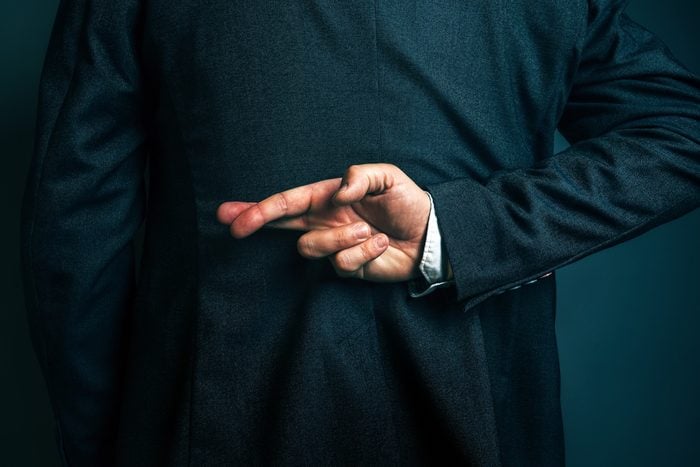
Be honest, expect honesty
It’s imperative that both the lawyer and the client approach one another with complete honesty, attorney Paul Edelstein, tells Reader’s Digest. “Winning cases can be lost because of a client who lies or exaggerates just as easily as because of a lawyer who tells the client what the client wants to hear instead of what is true.” So when dealing with attorneys, don’t just look for honesty—be honest.

Be prepared for your meetings
“If you want to improve your chances of securing the best lawyer to take your case, you need to prepare before you meet them,” advises attorney Stephen Babcock. “Get your story, facts, and proof together well before your first meeting.” This not only ensures that you understand your own needs, but it helps a good lawyer to ascertain whether he or she can actually help you. “We want the best clients too. Proving you’re organized and reliable helps us.”

Make sure you’re not seeking a brain surgeon for a foot injury
“Many people assume that any lawyer can handle any problem,” attorney Jory Lange points out to Reader’s Digest. But like doctors, lawyers have specialties, and that’s where their talents and experience lie. “When you choose a lawyer, make sure they have experience with your type of case,” Lange advises.

Don’t hire an “attack dog” as your divorce attorney
When choosing whom to hire, not only should your lawyer’s practice specialty come into play, but so should your lawyer’s personal style, points out Lara Bazelon, Associate Professor of Law and director of the Criminal Juvenile Justice and Racial Justice Clinical Programs at the University of San Francisco School of Law. For example, most divorces can be handled using online forms and mediation, she explains. If you involve “lawyers prone to adversarial stances,” things will get much uglier—and much more expensive.
Here’s how to find the best divorce lawyer for your situation.

The fuzzy side to billable hours
Many lawyers charge “per hour,” but when it comes to billable hours, an hour isn’t always an hour, Robinson points out. What if you talk to your lawyer on the phone for 30 seconds? Will your lawyer bill you for a full hour? A 15-minute segment? Or something closer to 30 seconds? These are the questions you should be asking, says Robinson, because it can make a huge difference in your bill.
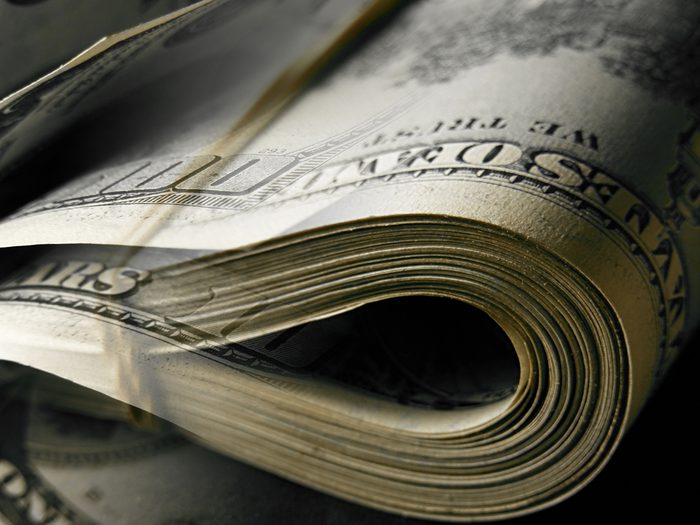
Expenses add up
When hiring an attorney, a potential money pit is “expenses” outside of the lawyer’s billable hours. Expenses include everything—copying and faxing costs, hiring expert witnesses, and even traveling via private jet, points out attorney Justin C. Roberts. Some lawyers don’t just pass the charges along; instead, they charge an additional percentage fee. Whatever their method, you need to know it up front so there won’t be any surprises when the bill arrives.
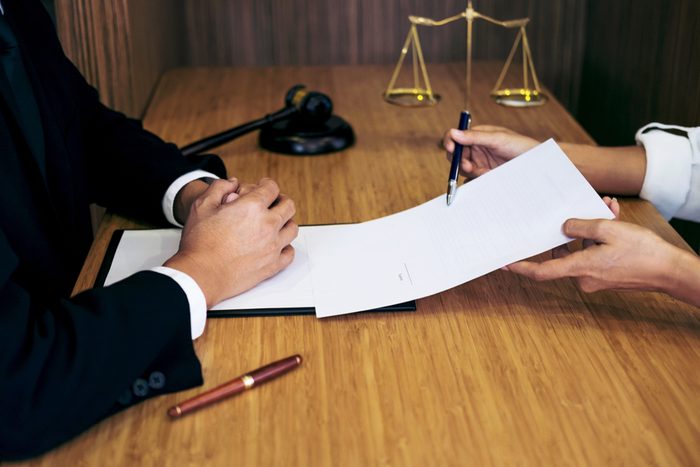
Think twice about “good deals”
“Be wary of lawyers who quote low fees—noticeably lower than the standard—in order to get your business,” advises attorney Nathaniel Pitoniak. “Consumers should use their instincts about the work ethic, honesty, and relevant experience of a lawyer instead of making their decision on percentage points. If a lawyer’s fee sounds too good to be true, it’s likely because they struggle to retain business or don’t anticipate putting much effort towards your case—both are bad for someone who needs a strong lawyer.”
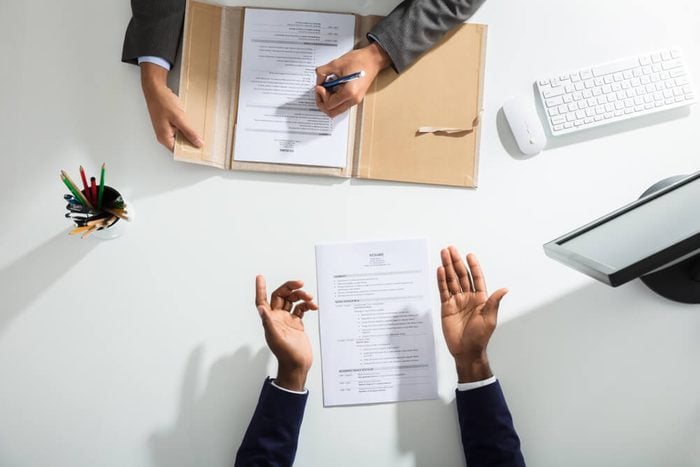
Insurance denials are appealable
If you feel helpless when faced with an insurance denial, please know that you might be able to appeal with the help of a qualified lawyer, says David Himelfarb, attorney. Insurance companies routinely deny long-term disability claims, for example, particularly because it’s assumed that most people don’t have access to reputable attorneys to challenge the denial. “This is where intricate knowledge of the legal and insurance process, as well as the right team of experts to prove the claim, can reverse the odds.”
Did you know these 13 everyday things can get you sued?
